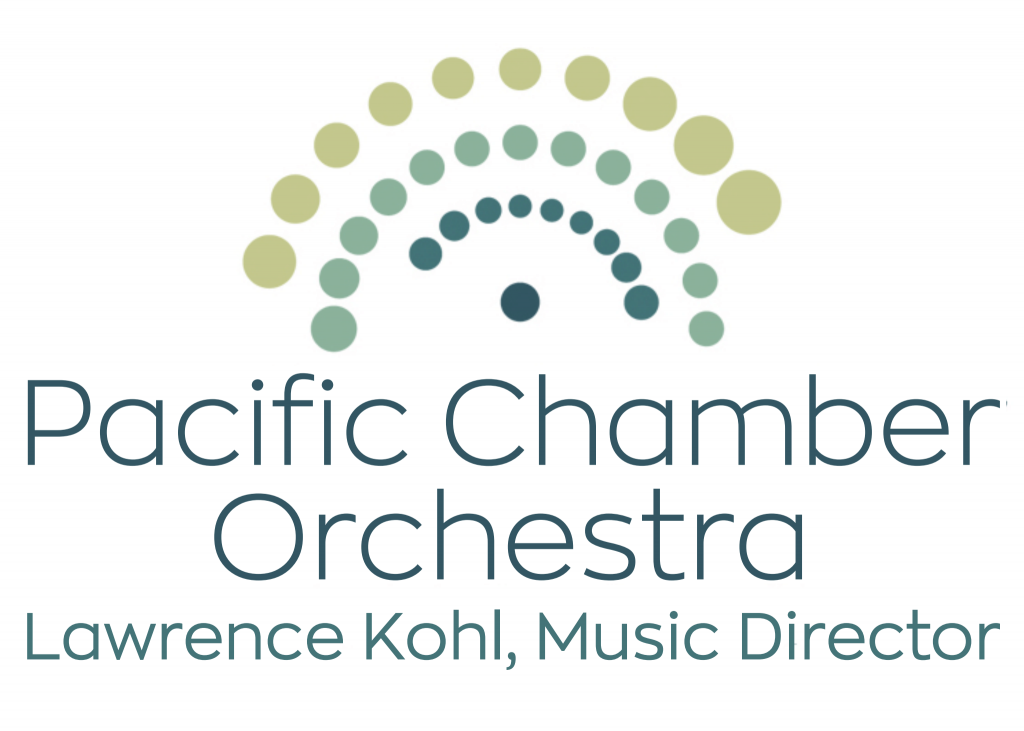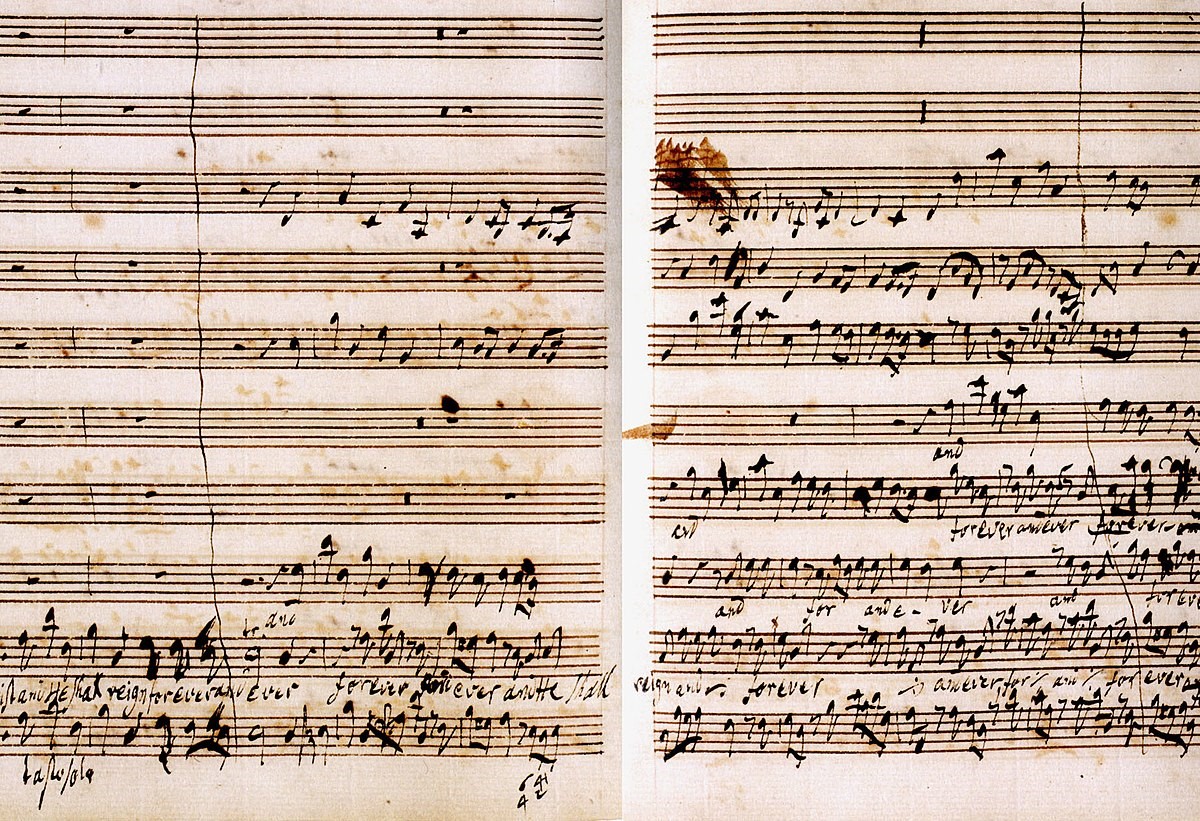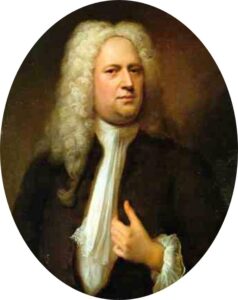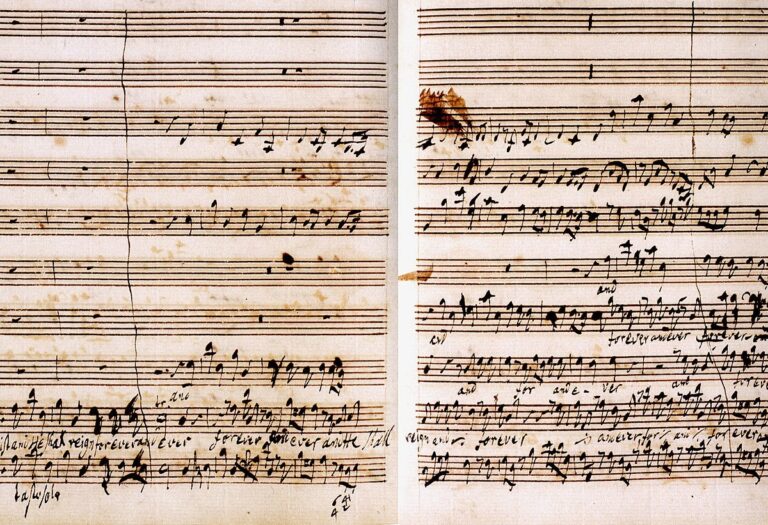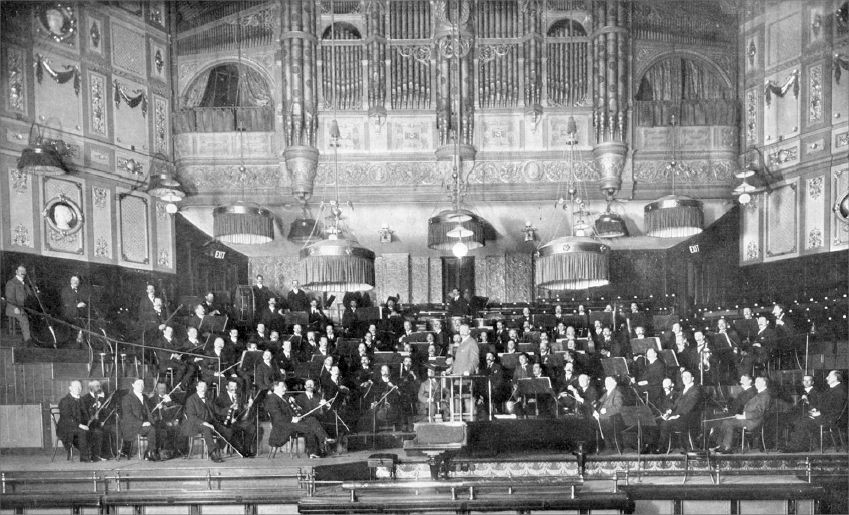It is well known that George Frideric Handel (1685 – 1759) wrote Messiah in 1741 in just 24 days. He famously said, “Whether I was in the body or out of my body when I wrote it I know not.” For his text, he followed the libretto (or lyrics) collated by Charles Jennings, said to contain “profound thematic coherence and elevated musical structure.” It is a true masterpiece.
What is not so well known is that Handel took a huge risk creating an English “oratorio” as his salvation from penury (oppressive lack of money).
He came to write English oratorios because the three commercial Italian opera companies he had begun in 1719 began to fail. They were designed to serve the London aristocracy who favored his operas.
Handel was in direct competition with those who preferred conventional Italian operas by composer Giovanni Bononcini (1670 – 1747). Poet John Byrom wrote about this partisanship in 1725:
Some Say compared to Bononcini,
That Mynheer Handel’s but a Ninny;
Others aver, that he to Handel
Is scarcely fit to hold a candle.
By 1737, he had a physical breakdown (a stroke) which radically changed his creative direction from operas to oratorios. His oratorios were tailor made for the English middle class. He never wrote another Italian opera.
An oratorio is defined as a large-scale musical work for orchestra and voices, usually in the form of a narrative with a religious theme. There are no props, elaborate costumes or interactions between the characters.
Messiah debuted in April, 1742 in Dublin. Ireland. The famous satirist Jonathan Swift insisted that, if their church choirs were to be used to sing the oratorio, ticket sales had to go to charity. Thus, a tradition of Messiah proceeds going to charity was born. It was first performed in London the following year. It is said, but not proven, that during the “Hallelujah Chorus” performance, King George II, moved by the piece, rose to his feet – the audience mimicked their monarch. Voila! Another Messiah tradition was born and is still observed by some audiences today. In 1749, Handel, a noted philanthropist, led the first benefit concert for the Foundling Hospital, Britain’s first home for abandoned and illegitimate babies. He conducted or attended every concert until his death in 1759 and made the Hospital a beneficiary in his will.
Immediately popular, Messiah was initially performed every Easter. It was occasionally done around the Christmas holidays in Europe in the decades following that first performance, but it was in America that Messiah came to be more closely linked to the holiday season. It is probably the most frequently performed work with chorus and orchestra in Western music.
Messiah has been continuously performed for 280 years because, according to the persnickety critic Matthew Arnold (1822 – 1888), “it speaks to what is permanent in the human soul.” How ironic that a tale criticized at the time as, “a theatrical entertainment” based upon the life of Jesus Christ, attained success at benefit concerts for the Foundling Hospital for the widowed, sick and orphaned, thus allowing Handel’s career to flourish.
At PCO’s Messiah performance, the audience is invited to join Pacific Chamber Chorus’ harmonious voices to sing Handel’s famous “Hallelujah Chorus.” Experience the beautiful solos written for soprano, mezzo soprano, tenor and bass, called arias that are woven between the joyful choruses.
Begin the holiday season with the sublime melodies, uplifting messages and sheer beauty of George Frideric Handel’s beloved Messiah. This year PCO features the soaring, rich vocal tones and commanding stage presences of soprano Laura Farmer, mezzo soprano Renée Rapier, tenor Jon Lee Kennan and bass, Kirk Eichelberger, along with the Pacific Chamber Orchestra, led by Conductor Lawrence Kohl, and the harmonious voices of the PCO Chorus, led by Chorus Master Dwight Stone.
Pleasanton
Friday November 25, 7:30 p.m.
St. Elizabeth Ann Seton Church
4001 Stoneridge Dr., Pleasanton
Orinda
Saturday November 26, 7:30 p.m.
St. Stephens Episcopal Church
66 St. Stephens Dr., Orinda
Livermore
Sunday November 27, 3:00 p.m.
Bankhead Theater
2400 First Street, Livermore
Click below to view a video preview of the program.
